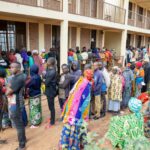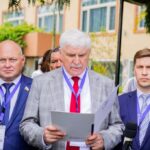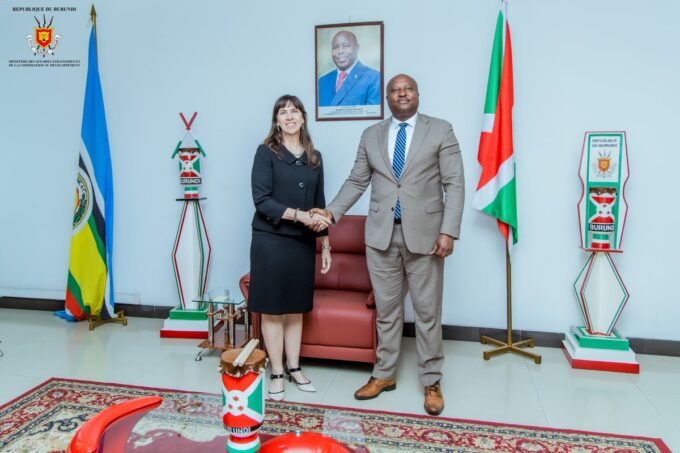The United States has imposed new travel restrictions on citizens of Burundi, citing concerns over high visa overstay rates. An executive order signed by President Donald Trump earlier Wednesday bars Burundians from entering the U.S. on several common visa types and places Burundi among seven countries facing partial travel bans.
The decision, which takes effect on Monday, June 9, suspends the entry of Burundian nationals as immigrants, as well as nonimmigrants holding B-1, B-2, B-1/B-2, F, M, and J visas. These include tourist and business visas (B-1/B-2), student visas (F and M), and exchange visitor visas (J), all widely used by Burundians seeking travel, education, or short-term programs in the United States.
According to a report from the U.S. Department of Homeland Security, Burundians have one of the highest visa overstay rates in recent years. In fiscal year 2023, the overstay rate for Burundians on B-1/B-2 visas was 15.35 percent. For those on student and exchange visas (F, M, and J), the rate climbed to 17.52 percent. These figures were cited directly in the executive order as justification for the suspension.
“The entry into the United States of nationals of Burundi as immigrants, and as nonimmigrants on B-1, B-2, B-1/B-2, F, M, and J visas, is hereby suspended,” the proclamation states. Furthermore, U.S. consular officers are instructed to reduce the validity period of any other types of nonimmigrant visas issued to Burundians “to the extent permitted by law.”
President Trump defended the decision, arguing that the U.S. cannot afford to allow entry to individuals from countries it deems unreliable in terms of screening and monitoring. “America cannot accept immigrants from any country where we are unable to reliably vet those applying to enter,” he said.
Although Burundi was not subjected to a full entry ban like 12 other countries named in the order—including Afghanistan, Eritrea, Somalia, and Iran—it is now on a watchlist of nations the U.S. considers problematic. The partial ban may be lifted if the Burundian government improves its cooperation in matters of identity verification, information sharing, and enforcement of immigration obligations, according to U.S. officials.
The move comes amid a broader tightening of immigration rules by the Trump administration, which has taken a firm stance on visa compliance and border control. It remains unclear how long the restrictions will remain in place.
As of Thursday, the Burundian government had not issued any public response to the U.S. decision. However, the ban is expected to affect hundreds of Burundians who either plan to travel to the United States for studies, conferences, or tourism, or are currently residing there on short-term visas.
The African Union Commission has responded to the U.S. travel ban with concern. In an official statement, the Commission acknowledged the sovereign right of all nations to secure their borders but urged the United States to implement such measures in a manner that is “balanced, evidence-based, and reflective of the long-standing partnership between the United States and Africa.”
The Commission warned that such restrictions could damage “people-to-people ties, educational exchange, commercial engagement, and broader diplomatic relations” that have been nurtured over the years. It called on the U.S. administration to pursue a more consultative and transparent approach and to engage in constructive dialogue with affected countries, including Burundi.
“The Commission stands ready to support efforts that promote understanding, resolve concerns, and strengthen cooperation between Africa and the United States,” the statement concluded.
The White House has stated that countries placed under these restrictions may be reconsidered if they demonstrate “significant improvements.”





Leave a comment